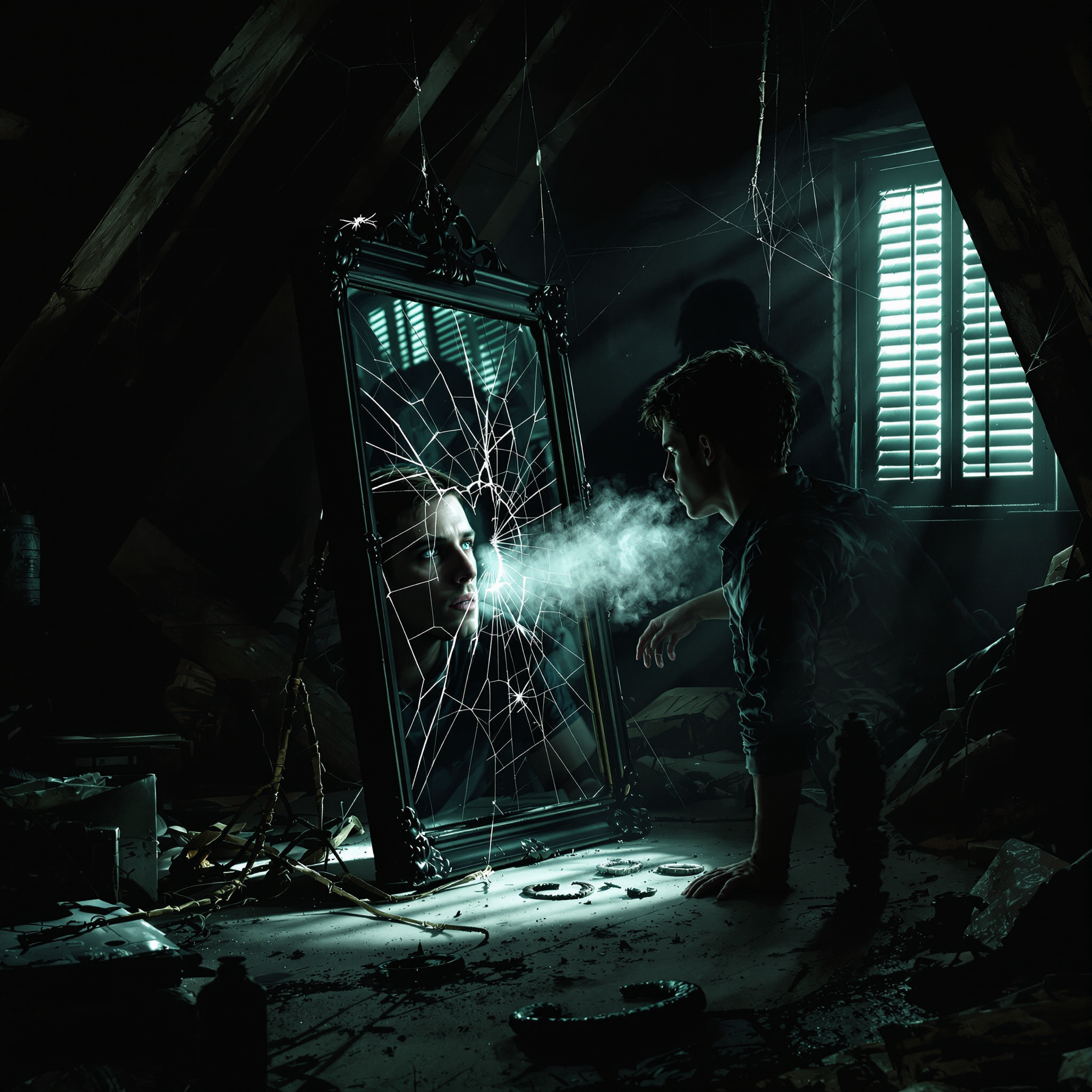This superstition holds that if a person dreams of death—whether their own or someone else’s—it does not foreshadow actual physical death. Instead, the dream is interpreted symbolically, suggesting a transition, a fresh beginning, or a rejuvenation in one’s life. For example:
– Dreaming of one’s own death may signify shedding one identity and embracing a new role or phase in life.
– Seeing someone else die in a dream could imply a change in that relationship or a shift in perspective toward them.
Interpreters of dreams—especially in various folk traditions—often reassure dreamers that such imagery should be viewed positively, as indicating rebirth or a new opportunity rather than doom or finality.



